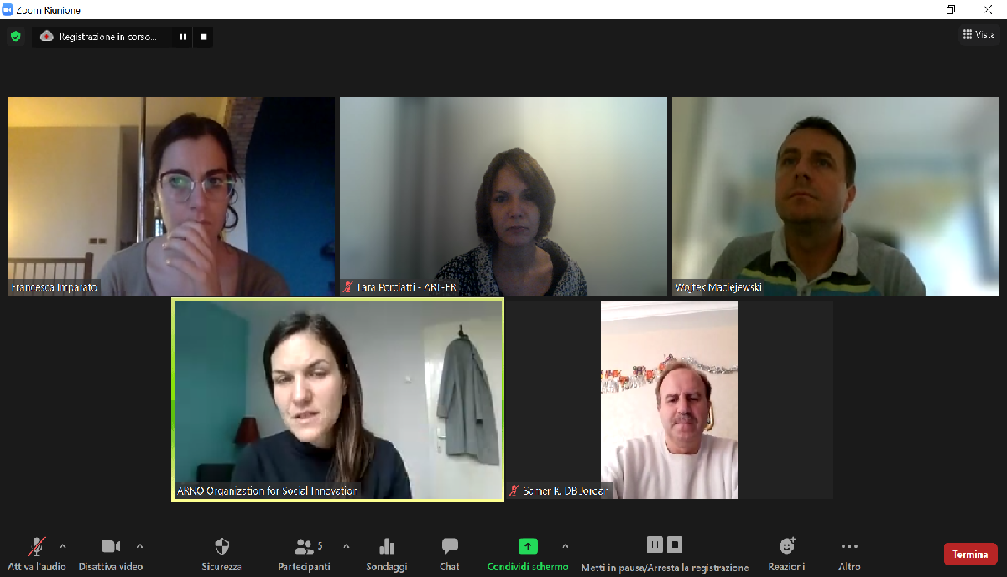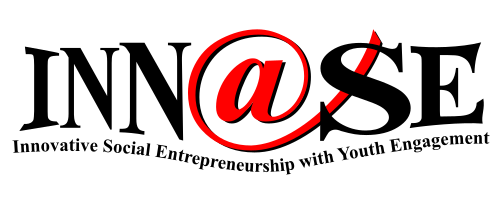Inn@se consortium dedicated part of the second half of 2021 to the creation, design and implementation of activities aimed at rethinking local services for the youngsters.
What is the starting point?
As it is clearly defined in project objectives, partners decided to join efforts because they have all identified a lack of interest in themes related to social innovation among young people. Indeed, today the number of social enterprises generating social impact is limited.
Nevertheless, it has been ascertained that social entrepreneurship is a key feature for the sustainable development of the European market economy.
Interest can be reinvigorated through knowledge: there are still very fews services at local level disseminating information on this sector and providing young entrepreneurs with the right tools to access this domain.
How can these aspects be improved then? That’s the question the partnership wants to find an answer to, together with territorial stakeholders.
By June 2022, each partner will have engaged with a heterogeneous pool of players – from public administrations to youth workers, to NGOs – to reflect on the problems young people face when trying to enter the world of social innovation. They will try to find a solution to these challenges by developing service concepts through design thinking methodologies and open innovation.
At the end of this path, recommendations will be collected in a policy paper drafted for policy-makers, to ensure the results achieved can be of use to further enhance this domain in the long run.
What was done so far?
Partners have started meeting online regularly in the so-called Mutual Learning Meetings: webcalls managed by ART-ER to design together the tasks that should later be carried out with stakeholders on the territory. During these occasions, techniques and methodologies are explored so that they can later be replicated.
In October, each partner had its first Focus Group with stakeholders, which was dedicated to identifying the specific challenge in their territory, starting from a common ground: stimulating young people in creating social enterprises.
Despite these Focus Groups being carried out online, all four partners have achieved good results: by using MIRO, reflections were encouraged through specific exercises, such such as Saturate and Group which grouped similar answers and allowed for the identification of a specific problem which was later analysed through the Problem Diagram, investigating all the causes leading to that problem.
These activities will continue throughout the first half of 2022, starting with the second Focus Group in January.

